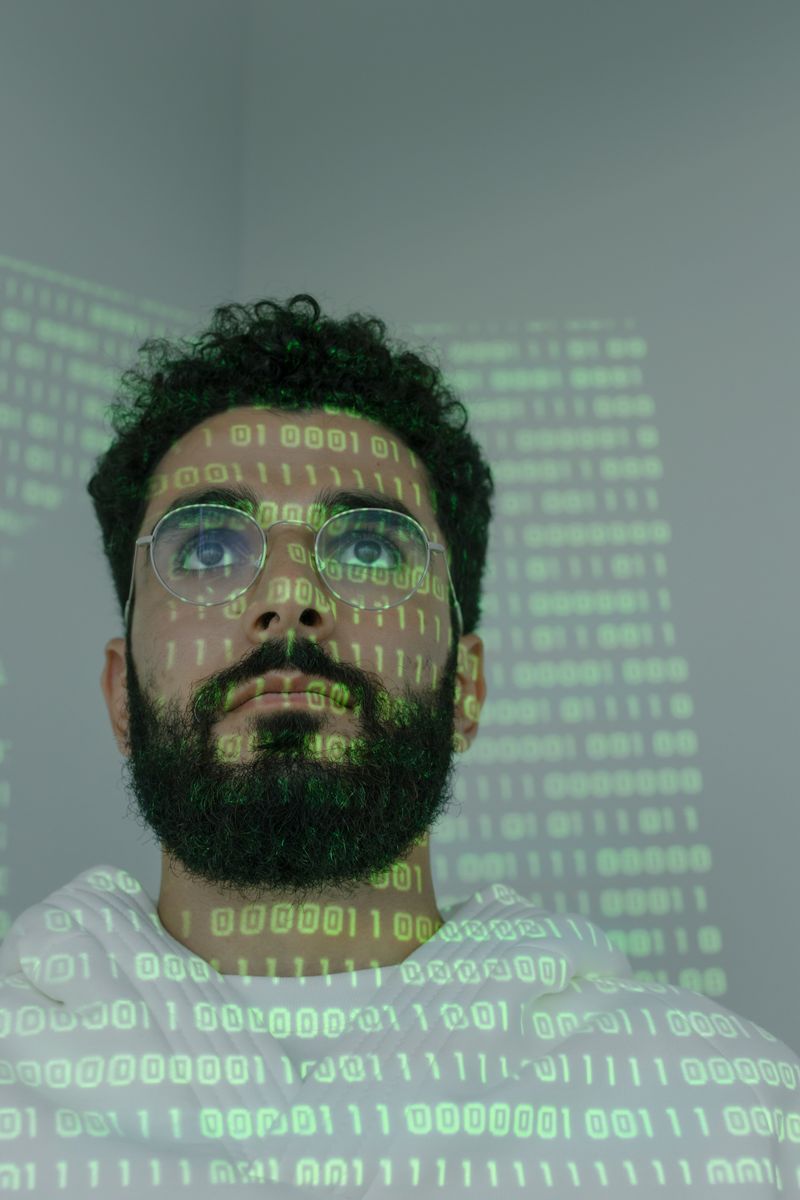Israel–Hamas Conflict Spurs Cyber Operations
In the midst of the ongoing conflict between Israel and Hamas, cyber operations linked to the fighting are gaining momentum. While some of the claims made regarding cyber attacks are exaggerated, experts warn that attacks on digital systems may intensify as the conflict continues.
Unverified Claims and Hacktivist Operations
One such claim was made on a newly created Telegram channel, where a message stated that Israel‘s Nevatim Air Force Base had been breached. The message, allegedly from a pro-Palestinian group, included screenshots and videos supposedly taken from security cameras near the base.
Although the veracity of this claim and others like it remains uncertain, experts caution that the string of minor attacks and the circulation of potentially serious claims could be indicative of larger cyber operations as the conflict prolongs. Hacktivist personas have been focusing their efforts on magnifying their perceived influence and shaping international opinions on the war.
Predicting Intensified Information Operations
Tom Hegel, the principal threat researcher at SentinelLabs, suggests that we can expect an escalation in information operations aimed at influencing the global perception of the conflict. State-sponsored threat actors may employ various methods, such as the manipulation of social media platforms, the creation of fictitious hacktivist groups, and strategic campaigns designed to shape the narrative in global media outlets.
The Impact of Trivial Attacks
The claim of an attack on Nevatim Air Force Base is just one in a series of claims made by hacktivist groups since the latest round of fighting began. Nevatim is a significant air base in southern Israel that regularly hosts American military assets and receives shipments of American military aid.
If this claim is accurate, it would be a significant victory for Hamas-aligned hackers. These types of explosive but difficult-to-confirm claims have become the modus operandi for hacktivist groups seeking to influence the ongoing conflict.
The Role of Iran-Linked Hackers
Iran-linked hacking groups have long been active in the Middle East, targeting both the West and Israel. These groups have engaged in cyber espionage, data theft, hack-and-leak operations, and even the targeting of industrial control facilities.
Experts caution that state-backed hacking groups may use hacktivist groups as a front to obscure the origin of their attacks. Of particular concern are Iranian hacking groups, which possess the diversity and adaptability to pose significant threats in the global cyber landscape.
Editorial: The Escalation of Cyber Operations
The recent surge in cyber operations related to the Israel–Hamas conflict underscores the growing importance of cybersecurity in geopolitical conflicts. As nations and non-state actors increasingly turn to cyberspace to gain a strategic advantage, it is essential that we invest in robust cybersecurity measures to protect critical infrastructure and sensitive information.
The Need for International Cooperation
Cyber threats transcend national borders, necessitating international cooperation in addressing and mitigating cyberattacks. States must work together to establish effective regulations, share intelligence, and coordinate responses to cyber threats.
Educating the Public
As citizens, we must also be vigilant and proactive about our own cybersecurity. It is crucial to stay informed about potential threats, regularly update software and operating systems, use strong and unique passwords, and avoid clicking on suspicious links or downloading unfamiliar files.
Moreover, we must engage in critical thinking and media literacy to discern between genuine information and fake news that may be disseminated during conflicts. By arming ourselves with knowledge and adopting secure online practices, we can contribute to a safer digital environment.
Conclusion: A Call to Strengthen Cybersecurity
The Israel–Hamas conflict serves as a stark reminder of the growing impact of cyber operations on geopolitical conflicts. As attacks on digital systems continue to intensify, both state-sponsored and hacktivist groups pose significant threats in the cyberspace domain.
It is imperative that governments, organizations, and individuals work collaboratively to enhance cybersecurity measures, establish international norms, and promote responsible online behavior. Only through sustained efforts can we build a safer and more resilient cyber landscape.

<< photo by cottonbro studio >>
The image is for illustrative purposes only and does not depict the actual situation.
You might want to read !
- Accelerating Cybersecurity in Latin America: Accenture’s Acquisition of MNEMO Mexico
- The Rising Threat: Unveiling Rhysida, the Self-Destructing Ransomware
- The Rising Need for Fractional AppSec Teams in Small Companies
- Why Cybersecurity Awareness Falls Short: Shifting the Spotlight to Behavioral Change
- Canada’s Lawmakers Under Attack: Unveiling China’s ‘Spamouflage’ Disinformation Campaign
- Cyber Battleground: Analyzing the Impact of the Israel-Hamas Conflict on Cybersecurity
- The Cyber Battle for Credentials: Exploring the State of Credential Theft in 2023
- Navigating the Cyber Battleground: A Closer Look at the Global Hacking Competition
- Understanding the Threat: Microsoft’s Report on Cybercrime and State-Sponsored Cyber Operations
- China’s Digital Empowerment Strategy in Africa: Unraveling the Complexities of Offensive Cyber Operations
- Apple Bolsters Security with Essential iOS and macOS Updates
- Chinese Hackers Target US Critical Infrastructure: Mandiant Intelligence Chief Raises Alarm over “Volt Typhoon”
- “SolarWinds Takes Action: Addressing Critical Vulnerabilities in Access Rights Manager”




